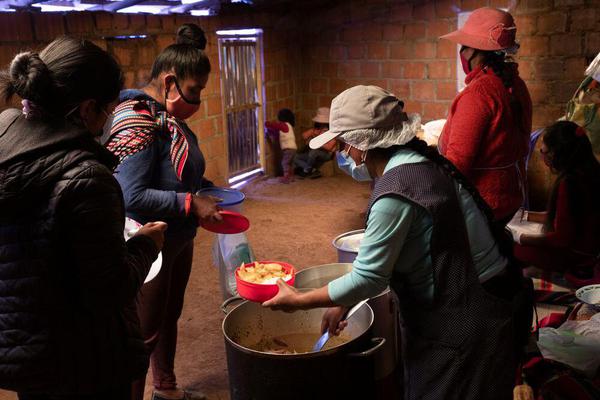
Afghanistan Memory Home museum: Documenting & honouring the human cost of war
Upon entering the Afghanistan Memory Home (AMH) online museum, visitors are confronted by an animated display of eyes, each pair telling its own story and bearing witness to the nation’s complex past. As one navigates through this display, it becomes a stark indication of the sensitive content that lies ahead and sets the stage for the museum’s deeply personal stories.
In a narrative often shaped by external political perspectives, the virtual museum provides a platform for Afghan witnesses and
In a narrative often shaped by external political perspectives, the virtual museum provides a platform for Afghan witnesses and















